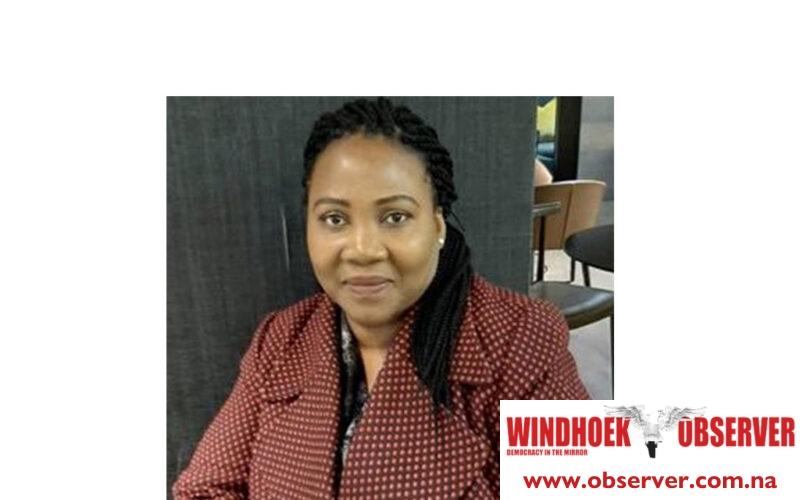Moses Magadza
As the world celebrates International Youth Day on August 12, the SADC Parliamentary Forum secretary general, Boemo Sekgoma, has highlighted the intersection of digital access and sexual and reproductive health and rights (SRHR) for young people.
This year’s theme is “From Clicks to Progress: Youth Digital Pathways for Sustainable Development.”
In a statement, Sekgoma noted that the intersection is also outlined in the Sustainable Development Goals (SDGs) and emphasised in the recently adopted Gaborone Declaration.
Recent data indicates that in 2022, three-quarters of individuals aged 15–24 globally utilised the internet—a figure that signifies the significant role young people play in digital transformation, a cornerstone for socioeconomic development.
However, the access gap in Africa is alarming, underscoring the urgent action needed to align our efforts with the desires expressed by youth in the Gaborone Declaration for inclusive, equitable access to information and technology.
“The stark contrasts in access to digital resources stem from slow technology transfer and infrastructure deficits in many regions of Africa, particularly impacting young women and girls. As we reflect on International Youth Day, it is imperative to consider how effectively our youth, especially vulnerable groups, can access critical digital resources that are pivotal for their development and sexual and reproductive health rights,” Sekgoma said.
She said that in wealthier nations, children grow up immersed in digital technology, yet in many developing countries, young people are often restricted from using basic devices like cell phones.
“This barrier not only stifles their technological engagement but also limits their access to vital health information, educational tools, and innovative learning platforms that support their SRHR. To tackle these issues, we must collaborate with our members of parliament (MPs) to advocate for affordable digital devices and connections. MPs have a crucial role in ensuring that youth-friendly technologies are accessible, enabling young people to acquire the information necessary for their personal and reproductive health and empowerment,” she said.
The SG said the costs of digital devices and data continue to present significant obstacles and urged MPs to legislate to lower these costs and promote subsidised access to essential applications that enhance education and information sharing, critical for young people’s SRHR.
“While advocating for digital access, we must also emphasise the importance of safeguarding youth from potential online harms. Comprehensive legislation is essential to protect young individuals and promote safe digital engagement. MPs can spearhead efforts to legislate against online violence while fostering environments that enable young users to navigate the digital world securely,” she said.
To build a robust digital landscape, she called on all nations to invest in research and innovation that fosters digital literacy and the safe integration of artificial intelligence in educational contexts. She noted that some youths were already pioneering AI solutions to enhance learning outcomes and called for continuous support for these initiatives.
“As we conclude the agenda for Sustainable Development Goals, we recognise the pivotal role of education in equipping the 1.2 billion youths aged 15 to 24—roughly 16% of the global population—with the skills they need to contribute to societal development,” she said.
Sekgoma expressed concern over low levels of youth representation in politics, with parliamentarians under 30 comprising only 2.6% of global parliamentary membership.
“It is essential to rectify this imbalance by implementing affirmative initiatives to encourage youth political participation. We commend national parliaments that have adopted quotas for young politicians and urge young people to actively step forward and assert their influence in shaping policies that affect their lives and futures,” she concluded.




